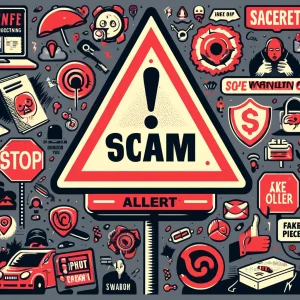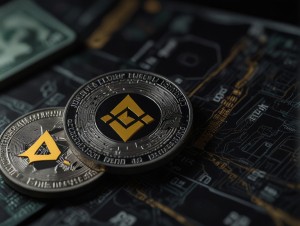TL;DR Breakdown
- Non-fungible tokens (NFTs) are digital commodities that are traded in blockchain technology.
- Virtual goods were first adopted well in the art industry.
- Fractional property ownership is a good illustration of this.
NFTs in property industry
Non-fungible tokens (NFTs) are digital commodities that are traded in blockchain technology. They consist of unique items that have a digital form. NFTs are widely known for their qualities of uniqueness, pedigree, quality, together with patent rights. The NFTs limit sole possession to a single party who has authority over the token.
Virtual goods were first adopted well in the art industry but have slowly broken banks to other sectors of the economy. They have led to a significant change in the supply chain, marketing, commerce, and now property investments.
NFTs’ role in partial property possession
Yet, even though NFTs are most commonly employed in the virtual environment it is not as per necessity that they are limited to utilizing and storing virtual products. NFTs can also be utilized to demonstrate tangible possessions or real estate possession. Fractional property ownership is a good illustration of this. By releasing assets on the network, proprietors can sell a portion of their properties to a big group of small shareholders.
Users might retain these tokens for rent, again divided on investment returns upon exchange or a combination of the two. As a result, more people will trade and exchange partial ownership of private rental buildings without having to deal with brokers or make investments. NFTs provide more possibilities for investors who need to release capital neither taking on debt nor relocating.
NFTs, on the other hand, will have an impact on more than just ownership. Individual investors will be able to purchase NFTs that represents a piece of the debt in the future, allowing them to borrow by issuing NFTs that guarantee possession. This will affect mortgages since NFT holders will be paid back in proportion to the amount loaned over the network.
Are there drawbacks?
It’s crucial to consider both the benefits and drawbacks. While NFTs may provide a way to release money in a property, where does the legal right to govern that property reside? How possible is it for an NFT holder to compel an individual to sell their home if they have sufficient tokens? This would place individuals who live in the house in an unreasonable amount of danger. Would the occupants in this case stay in the residence indefinitely if the asset is not genuinely governed by the investors? Then it would also prohibit the shareholders from ever reaping the advantages of investment returns. To do away with most drawbacks, a non-cental process for nominating administrators and representatives would be required.
NFT mortgages may have their problems. Who has the power to levy on debt if a debtor fails to pay? It becomes an issue for both parties if each lender could collect on their own. However, if only one party may collect, these mortgages are similar to p2p credit and, as a result, are vulnerable to the very issues of a centralized ledger.
NFTs in the real estate market, like any other new endeavor, will confront a variety of difficulties. There is, however, plenty of potential for development. While mainstream acceptance of the inventions might take some time, we must be informed to make good use of them when the time comes.





